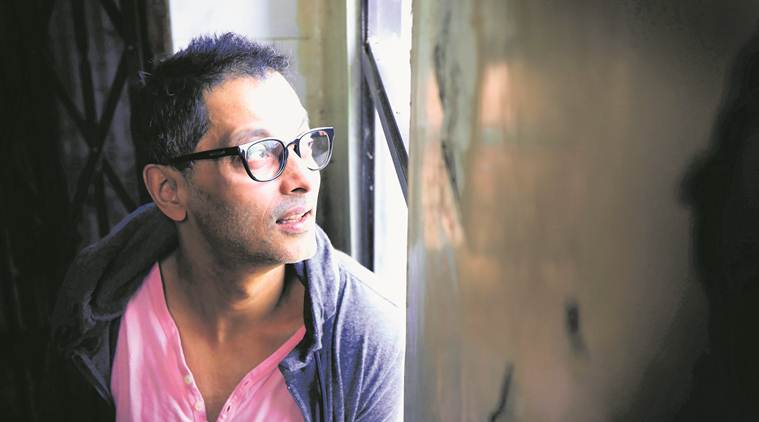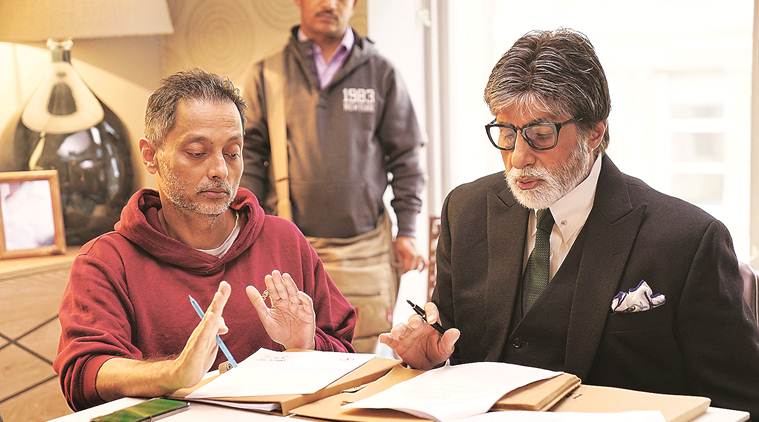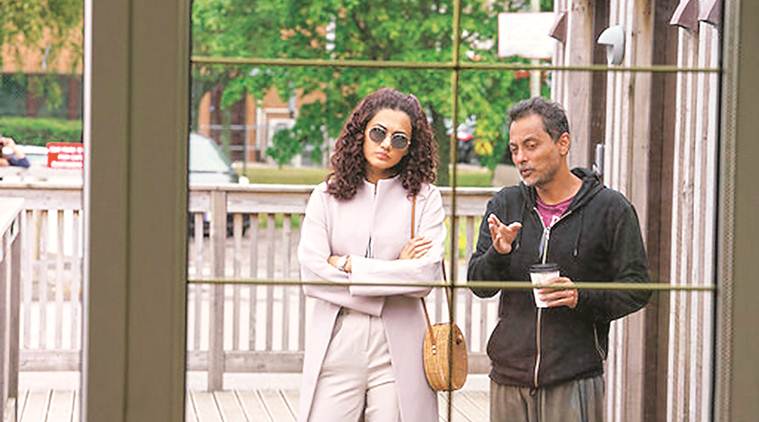
After Kahaani (2012), you have shown more interest in making thrillers. What’s the draw?
The story of next movie Badla, which is based on the Spanish movie Contratiempo (The Invisible Guest), has a very interesting premise. Something I had not attempted earlier. While making movies, there has to be a certain amount of excitement to keep one going. I had watched the Spanish movie. It took me a while to wrap my head around it. I read the original script and all its drafts. The initial struggle was how do I top this. More importantly, the question for me was that can I better it? It’s only after I found answers to my questions that I took up this project.

In adapting a foreign movie, what were your challenges?
Firstly, it has to be a believable world for my story to be set in. If I’m taking a story based in Kolkata and setting it in Mumbai, I have to explore the environment of the latter. Similarly, for Badla, I had to bring in some amount of our sensibilities into it. The language changes. So do the emotions. Our society is different from others. In a coherent manner, all these things have to be brought in so that one does not disrupt the original DNA of the film. There is no right or wrong. You have to just do it and hope that you have done your best.
Why did you choose to set the movie in Glasgow?
I’m familiar with the world (Ghosh lived and studied in the UK). However, I thought if I set the film in Glasgow, it will give little more credibility to the movie. I needed a world where the characters are independent, in terms of carrying on with their day-to-day life. Unlike in India, in the western countries, you have to do everything yourself — from your laundry to washing your cars. I needed the loneliness of that world.

You debuted with the melodious Jhankaar Beats (2003) and now you seem to have shifted to darker tales.
Given the kind of environment we are heading into, where there are tonnes of distractions, I’m also struggling to hold the audience attention. Satyajit Ray’s Aparajito (1956) is about a mother waiting for her son to come home. I challenge you to take your eyes off the screen while watching it. That’s the beauty of storytelling. More than the content, it’s how I tell my story that matters. Kahaani 2 was more of a social story but I had to tell it in a way so that the audience would be attentive.
How much does audience endorsement matter to you?
I look for endorsement from the audience, critics and box office. I can’t pretend all these things don’t matter. That’s the only way I can quantify how good I’m as a filmmaker.
When is Netflix dropping your series Typewriter?
It’ll be released later this year. It’s a fun story about four kids and a dog looking for a ghost. The series has its roots in my childhood fascination with books such as The Three Investigators, The Famous Five and books written by Agatha Christie. While I was growing up, there were only books. I started with books by Enid Blyton and Hardy Boys, then moved to those written by Alistair MacLean, James Hardly Chase, and then picked up books by Arthur Hailey and Harold Robbins, and all those that I was not supposed to read. However, my bigger obsession has been Bengali literature — I read everything from Hemendra Kumar Roy to Samaresh Basu, Samaresh Majumdar, Sharadindu Bandyopadhyay and Parashuram. I voraciously continue to read their books and keep revisiting them.
When did you fall in love with cinema?
I used to watched movies on Doordarshan but it’s during my first year at the University of Manchester, where I was enrolled to study computer science, that I fell in love with cinema. I used to work as a projectionist for the Friday screenings on the campus. I caught up with a lot of movies during my university days. I’m heavily influenced by Ray.
Given the option, which movie of Ray would you like to remake?
I have to admit that I can’t better any of his movie, since his movies can’t be touched. So, I would rather have my interpretation of his story. So, I won’t choose a movie of his but a short story by him. The story is titled Atithi — a simple story about a man visiting his niece, but you want to know what happens next. Ray has already made Agantuk (1991) based on it. However, I would like to have my own take of the story.
What do enjoy more – writing or directing?
Writing. That allows me to live a lot of characters.